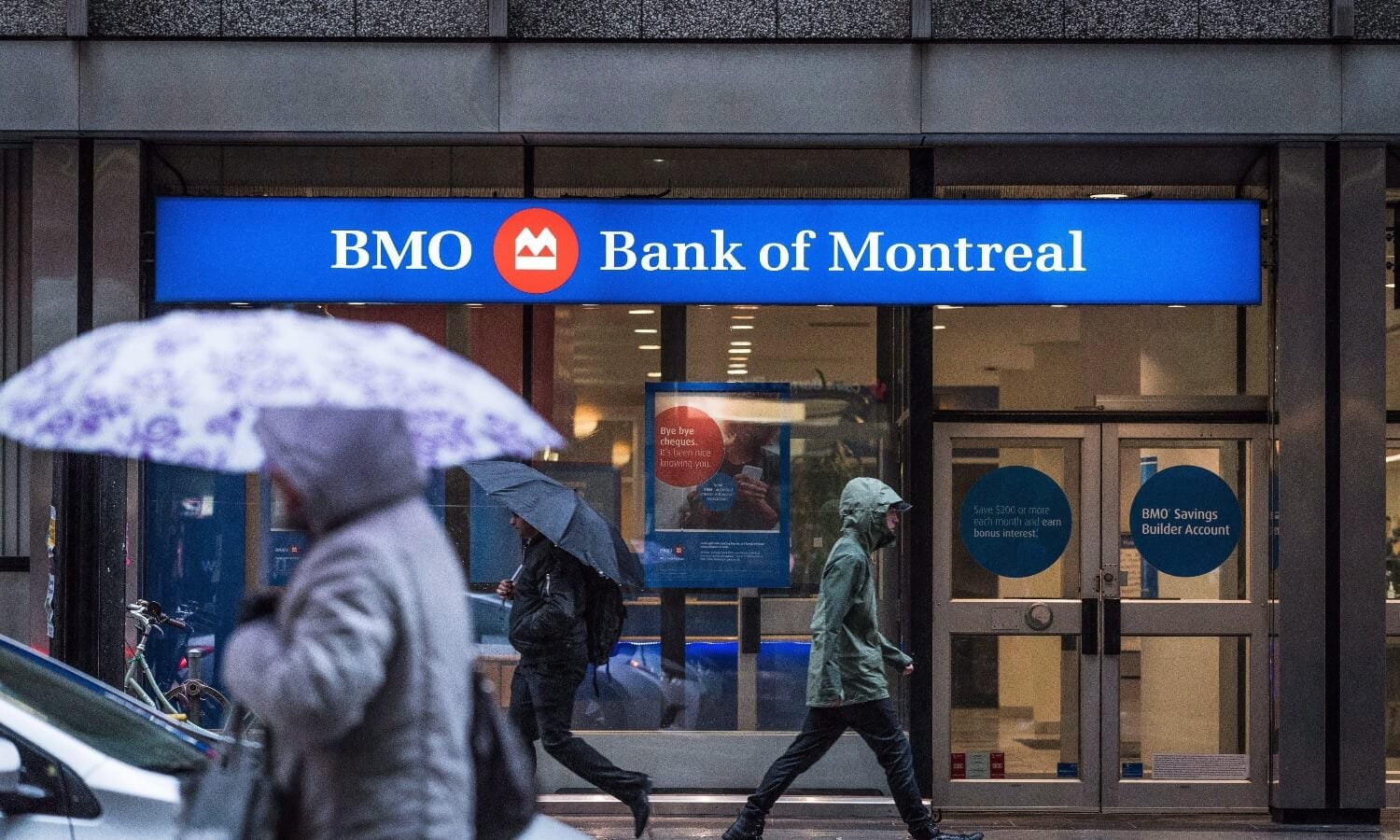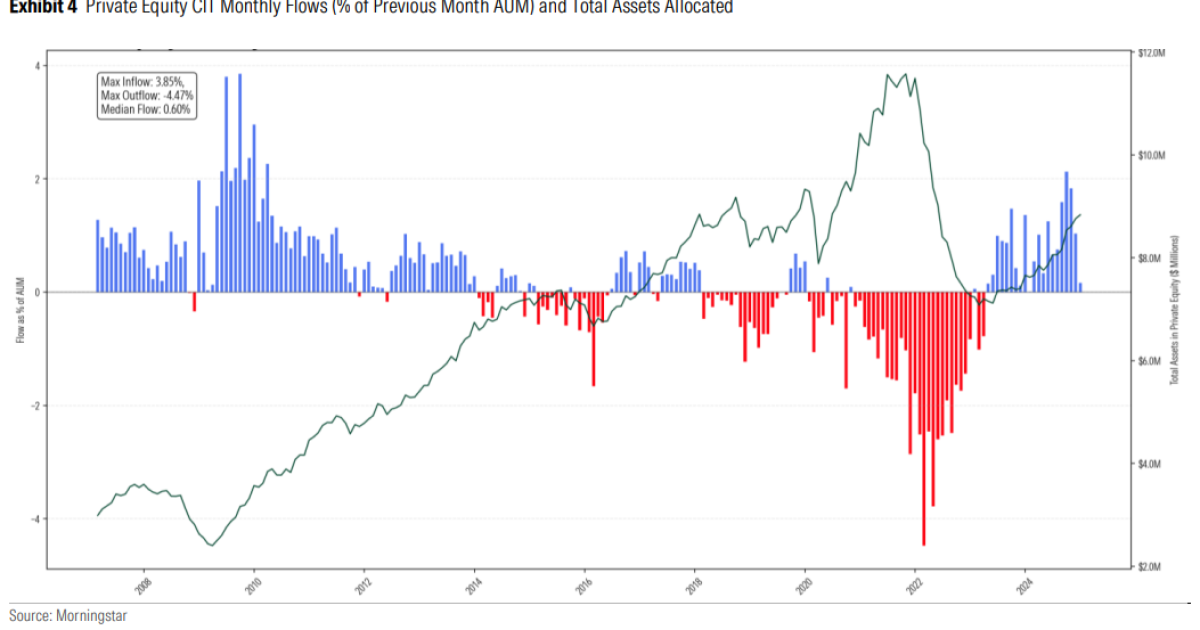For millions of Americans, being in the middle class has long been a symbol of comfort, progress, and security. But today, many middle-class households are discovering that financial stability is far more fragile than it seems. Often, it’s not one catastrophic event that derails a family’s finances, but a series of quiet missteps that add up over time.
These financial moves often feel reasonable or even responsible at first. But without careful planning, they can slowly undermine your financial well-being, drain your savings, and put long-term goals like retirement or homeownership at risk.
Here are 10 financial decisions that silently erode middle-class stability and what to watch for before they take hold.
Financing a Car Instead of Buying Within Your Means
Car ownership is practically a necessity in much of the U.S., but the way people pay for their vehicles is becoming a hidden budget killer. Many middle-class families finance new cars with long-term loans—six, seven, even eight years—with monthly payments that consume far too much of their income.
These payments can quietly eat into emergency funds, retirement savings, or the ability to pay down other debts. Worse, the moment the car leaves the lot, it depreciates rapidly, leaving owners “underwater” on their loans. Over time, this pattern can turn a necessary purchase into a financial weight that limits upward mobility.
Underestimating the Cost of Homeownership
Owning a home is often seen as a smart investment, but many buyers only calculate the mortgage, ignoring maintenance, repairs, insurance, HOA fees, and rising property taxes. These “invisible” costs can amount to thousands per year, catching new homeowners off guard.
Without a home maintenance budget or emergency reserve, a single repair—like a broken HVAC system or roof leak—can destabilize monthly finances or force reliance on high-interest credit cards. What starts as a symbol of success can quickly become a money pit.
Using Credit Cards to Float Everyday Expenses
For many middle-class families, credit cards become a financial bridge, used to cover groceries, gas, or utility bills during tight months. While the intention is often to “catch up next month,” interest charges and minimum payments begin piling up faster than people realize.
This slow accumulation of revolving debt rarely causes panic in the short term, but it creates long-term instability. Carrying balances reduces credit scores, inflates monthly expenses, and makes it harder to save or invest. Over time, the habit becomes a quiet, compounding threat to financial health.
Paying for College Without a Clear ROI Plan
Sending kids to college is a proud middle-class tradition, but many families take on enormous debt without considering the return on investment. Co-signing private loans, tapping into retirement accounts, or refinancing the home can severely undermine financial security if the student’s degree doesn’t lead to viable employment.
With tuition costs rising and student loan debt surpassing $1.7 trillion nationally, many households are realizing too late that good intentions alone aren’t enough. Without a careful plan that weighs career prospects, scholarships, and affordable options, college can become a long-term financial liability.
Neglecting to Invest or Start Retirement Early Enough
Middle-class workers often focus so heavily on today’s expenses that they postpone investing for retirement. It may feel like there’s time to “catch up later,” but compounding rewards those who start early and punishes those who wait.
Even small, regular contributions to a 401(k) or IRA in your 30s or 40s can make a huge difference. Yet many people don’t start investing until they feel financially “comfortable,” which often doesn’t happen. That delay quietly shortchanges their retirement security, leaving them more dependent on Social Security or forced to work longer.

Relying Too Much on a Single Income Stream
Even high-earning middle-class households are vulnerable if all their financial stability rests on a single income. A layoff, illness, or industry downturn can throw an entire budget into crisis. Yet many families build lifestyles—mortgages, car payments, private school tuition—around one primary paycheck.
Without secondary income sources, savings buffers, or emergency plans, a sudden disruption can derail financial progress for years. Diversifying income through side gigs, passive income, or spousal earnings adds needed resilience.
Over-Insuring for Small Risks, Under-Insuring Big Ones
It’s easy to sign up for extended warranties, accidental damage plans, and small-dollar insurance add-ons—but often at the cost of overlooking critical, high-impact protections. Many middle-class households overspend on “peace of mind” coverage for phones or appliances while neglecting long-term disability insurance, umbrella policies, or adequate life insurance.
This imbalance leaves families exposed when real disaster strikes. True financial protection comes from insuring against catastrophic events, not minor inconveniences.
Failing to Adjust Lifestyle With Income Fluctuations
When income rises, many people upgrade their lifestyle accordingly—buying a bigger house, leasing a nicer car, or spending more freely. But when income drops, they’re far slower to downgrade, often maintaining the same lifestyle by dipping into savings or adding debt.
This lack of flexibility is a major driver of financial instability. Without the discipline to live below your means, even when your means expand, it becomes easy to get trapped in cycles of overspending and under-saving.
Avoiding Conversations About Money Within the Family
Many financial mistakes stem not from bad math but from poor communication. In middle-class households, silence about money between spouses, with adult children, or across generations, can lead to unspoken expectations, hidden debt, or missed opportunities for planning.
Families that never talk about budgets, retirement goals, elder care, or estate planning often find themselves scrambling during moments of crisis. Open, ongoing conversations are one of the most powerful tools for long-term stability and one of the most underused.
Focusing on Appearances Over Financial Foundations
Finally, many middle-class families feel silent pressure to maintain an image of success: new cars, designer clothes, upscale vacations, or social media-worthy homes. But trying to “look the part” can lead to overspending and chronic financial stress.
True middle-class stability is built on strong savings, manageable debt, and long-term planning, not consumer signals of prosperity. The quiet erosion of wealth often begins with trying to keep up appearances, rather than building solid financial foundations.
Middle-Class Stability Is Built on Awareness, Not Appearances
Middle-class families face unique financial pressures—rising costs, economic uncertainty, and social expectations. But the biggest threats to stability often come from within: small, seemingly harmless decisions that compound over time and quietly sabotage long-term security.
Avoiding these common mistakes means being proactive, honest, and willing to prioritize financial health over temporary comfort or appearances. It also means having tough conversations, seeking professional advice when needed, and planning for the unexpected before it becomes a crisis.
Which of these financial moves have you encountered or narrowly avoided? What quiet financial habit do you think poses the biggest risk to stability today?
Read More:
You Think You’re Middle Class, But These 5 Stats Say Otherwise
What the Middle Class Still Doesn’t Understand About the Rich
Riley Schnepf is an Arizona native with over nine years of writing experience. From personal finance to travel to digital marketing to pop culture, she’s written about everything under the sun. When she’s not writing, she’s spending her time outside, reading, or cuddling with her two corgis.

























